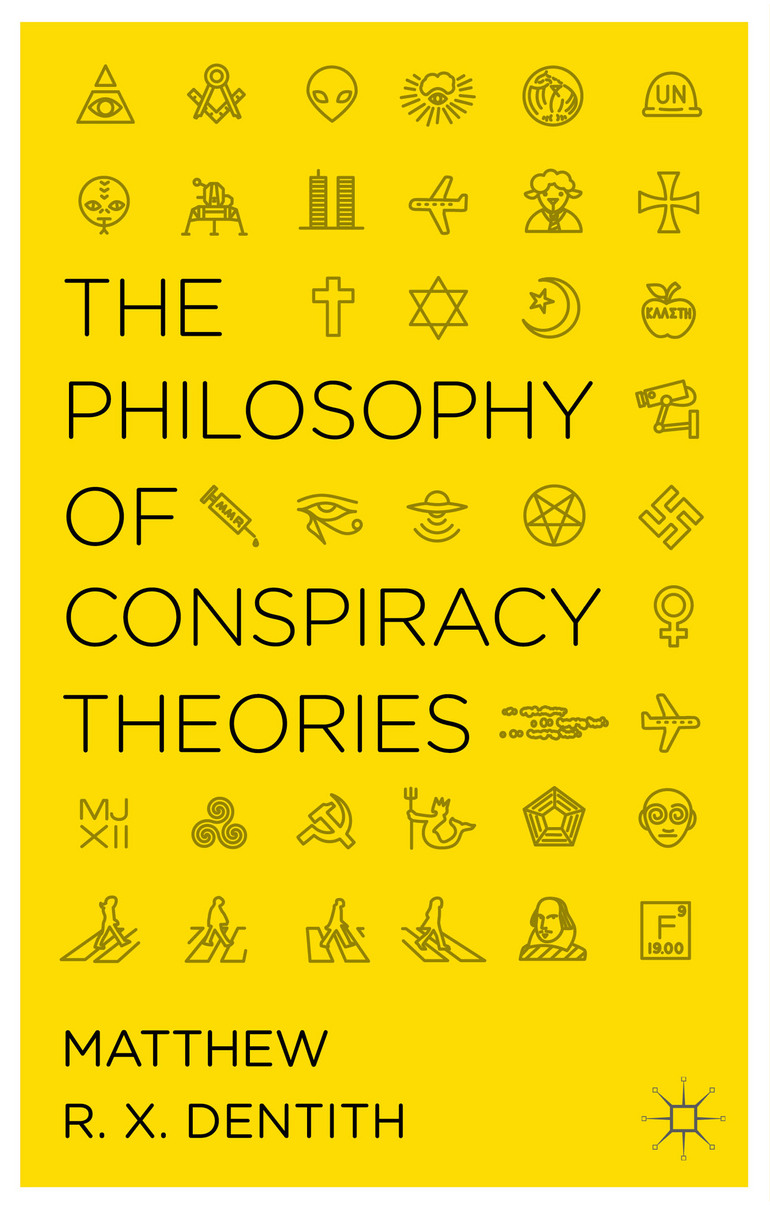John Ansell is angry that someone who is Māori got discharged without conviction for a drink driving offense. That’s a privilege only afforded to Pākehā, after all. Cameron Slater, aka “Whale Oil” is willing to stand up for the rights of the victims of rape, but only after we further victimise them and make them prove beyond a shadow of a doubt that they aren’t frauds.
Both Ansell and Slater are conspiracy theorists, and there’s nothing wrong with that (obligatory reminder that I wrote a PhD and a book defending belief in conspiracy theories and the right of conspiracy theorists to express their concerns). However, Slater and Ansell are vapid conspiracy theorists, engaging more in political rhetoric than evidence-based thinking, playing to their mostly right to far right audiences. They are the kind of people who give conspiracy theorising a bad name (and make my job harder, not that this is relevant; I just wanted a chance to gripe).
John Ansell’s anti-Māori views, particularly around an apparent conspiracy by the Crown to enrich Māori at the expense of Pākehā have been discussed on this blog in some depth here.
What’s interesting, then, about Ansell’s latest tirade is just how naked his contempt for Māori is becoming. He has gone from trying — and failing — to look moderate and only targeting his so-called “griever” Māori to just being openly anti any attitude associated with being Māori and being pro any attitudes associated with being Pākehā (not his preferred term). This makes his latest blogpost almost amusing: getting off a drink driving conviction (indeed, most offences) is surely one of the most Pākehā thing ever?
Ansell’s contempt for Te Ao Māori shines through in his writing, For example this:
Until some brave civilised Maori speaks out and turns his or her people against the glorification of primitivism and the anti-social behaviour embodied in the haka and the powhiri, the culture of violence and dishonesty will not change.
and this:
Although I’m being satirical here, how can such angry rituals as hakas and powhiris not be fuelling Maori youth violence?
Not just contempt, but a two-faced use of “satirical” to boot. Either that, or he doesn’t understand what it means. That being said, this line is particularly funny because of Ansell’s wanton ability to ignore stats in favour of his own prejudices:
Only problem with that, Nanaia, is that some people in New Zealand are treated more fairly and more equally than others.
Ansell is the kind of person who only likes statistics when they suit his purpose. So, while he’ll claim, contra the stats, that Māori are very privileged, he’ll also happily accept stats about crime which give him purpose to say:
But of course, there’s another possibility: that Maori commit most of the serious crimes, and not so many of the non-serious ones.
For someone who claims Māori are stuck with “primitive” worldviews, that’s a remarkably essentialist, primitive view to hold. Then again, he holds a lot of primitive and essentialist views, like this “no one can escape their ancestry” claim that Paki could be genuinely remorseful because:
Considering he comes from a rebel tribe that breached the Treaty and illegally took up arms against the Crown in the 1860s, excuse me if I doubt Tuku Morgan’s assurance — let alone Paki’s lawyer’s – that he is “genuinely remorseful”.
Ansell’s conspiracy theory here is devastatingly simple: rather than it being the case that Paki was discharged without conviction because the three other accused, who had already been dealt with by the courts, had been discharged without conviction (thus upholding one of the key principles of Ansell’s beloved colonial judicial system, equal treatment under the law for the same offence, it is, rather the case that:
Paki’s three accomplices were let off precisely because they were mates of the king’s son. Why else would a gang of thieves be treated so leniently?
Of course, to make this claim Ansell’s basically has to ignore the very real possibility that had this been a bunch of Pākehā teenagers, it probably would never have gone to court. We can argue all day as to whether that would be just, given the low arrest and conviction rate for Pākehā generally (compared to the same offences committed by Māori), but that’s not a discussion Ansell’s is likely to want to have, given that it would undermine the very arguments his claims of conspiracy are based upon, the mythical notion that Māori are somehow privileged.
Now, let it not be said that I am downplaying the seriousness of a drunk driving conviction. Frankly, I think that is a serious crime and, as a society, we should be consistent in our condemnation of such activities. However, given that Māori are significantly over-represented in the crime stats for this kind of behaviour (really quite significantly so when you look at relative population sizes) and we know that Pākehā often get away with such behaviour with just a warning from the police, if there is any claim of conspiracy we should be suspporting here, it’s one about how, as a society, we are ignoring the institutional racism that is clearly evidenced by both the police and the courts. To make Paki out as some kind of abhorent monster and yet ignore the real issue is immoral. Indeed, if there is any lesson to be taken from Ansell’s tirade, it’s that you have to be Tainui royalty before you’ll get accorded the many privileges Pākehā benefit from the judicial system.
Next time: Cameron Slater
